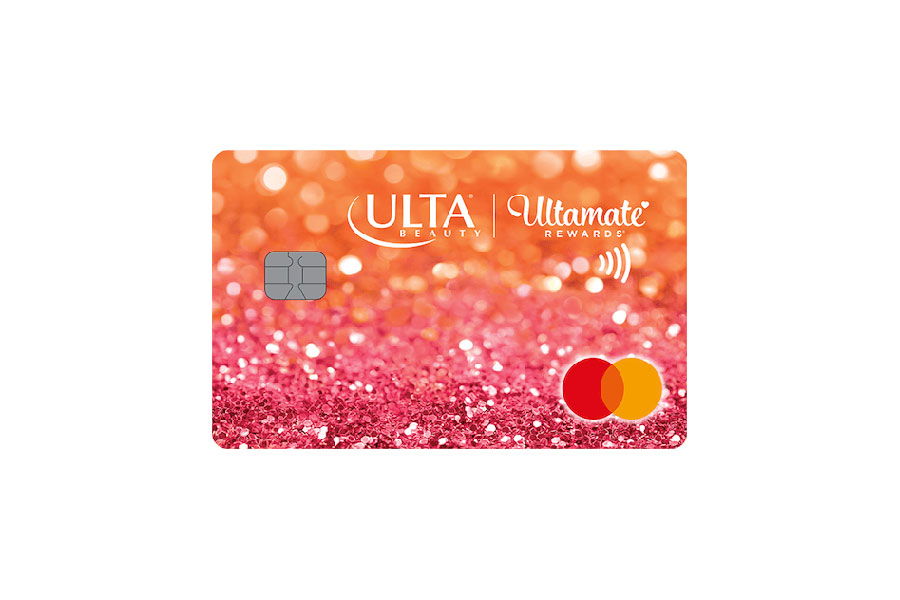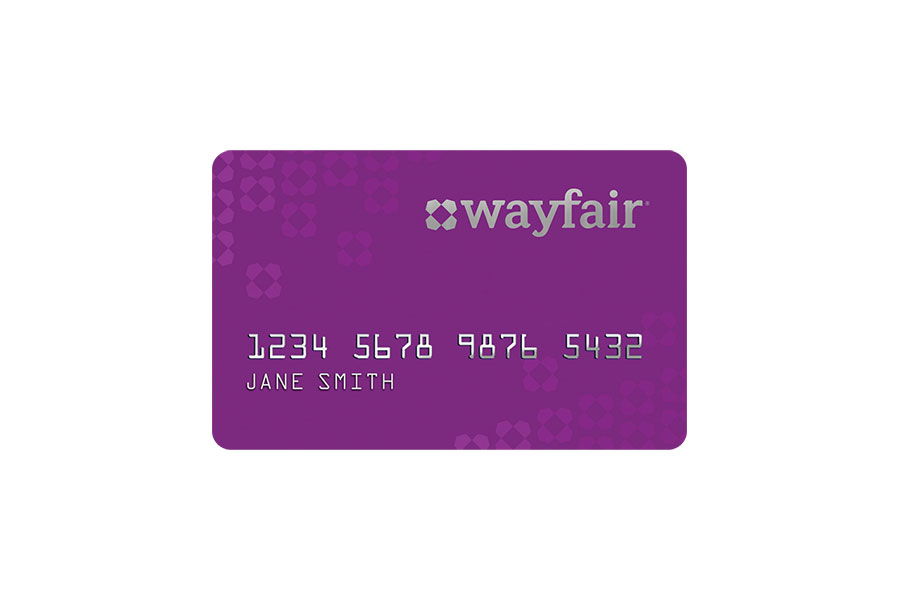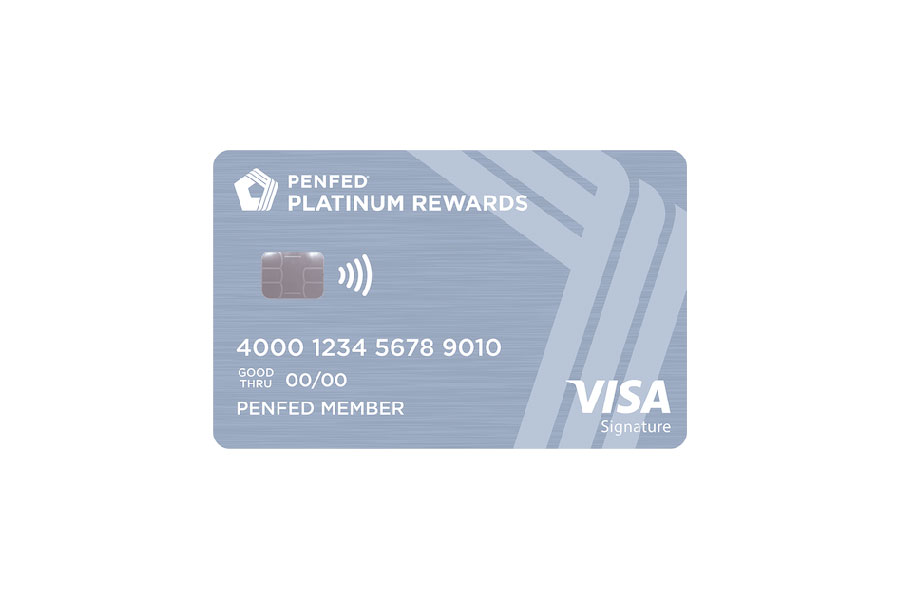A Sam’s Club credit card can be a great way to earn rewards and take advantage of exclusive savings on purchases. Whether you’re interested in the store card or the Mastercard version, knowing what issuers look for in applicants can help you prepare before applying.
Your credit score is an important factor, but it’s not the only thing lenders consider. Income, existing debts, and overall credit history all play a role in approval. Strengthening these areas can improve your chances of getting the card.

Credit Score Requirements for a Sam’s Club Credit Card
The recommended credit score for a Sam’s Club credit card is 700 or higher. This puts it in the “good” credit range, which means applicants with solid financial history and responsible credit use have a better chance of approval.
Synchrony Bank, which issues the card, also looks at your debt-to-income ratio, recent credit inquiries, and any negative marks on your credit report. Even if your score meets the requirement, excessive debt or late payments could impact the final decision. Reviewing your credit report and paying down outstanding balances before applying can help improve your odds.
What else do I need to get approved for the Sam’s Club Mastercard?
While your credit score plays a significant role in determining your eligibility for the Sam’s Club credit card, Synchrony Bank also takes several other factors into account:
- Income: A steady and sufficient income is essential to demonstrate your ability to manage credit card payments.
- Debt: Your current debt levels, including loans and other credit card balances, are considered to evaluate your overall financial responsibility.
- Negative items on your credit report: Any red flags on your credit report, such as late payments, collections, or bankruptcies, can impact your chances of approval.
How to Improve Your Odds of Getting Approved for a Sam’s Club Credit Card
If you’re eager to secure a Sam’s Club Mastercard, take the following steps to enhance your approval chances:
- Know your credit scores and reports: Understanding your credit scores and keeping an eye on your credit reports will help you identify areas for improvement.
- Maintain a strong credit history: Credit card issuers appreciate a consistent history of on-time payments, so make sure to pay your bills promptly.
- Keep credit utilization low: A low credit utilization ratio (the percentage of your available credit that you’re using) indicates responsible credit management. Aim to keep your utilization below 30%.
- Limit credit inquiries: Applying for multiple credit cards or loans within a short period can hurt your credit score. Space out your credit applications to avoid appearing financially desperate.
Improving Your Credit Before Applying
If your credit score isn’t quite where it needs to be, there are steps you can take to strengthen your profile. Paying down debt, making consistent on-time payments, and limiting new credit inquiries can all help boost your score before applying.
For those with negative marks on their credit reports, working with a credit repair service may be an option. Credit Saint helps clients dispute and potentially remove inaccurate negative items, such as late payments, collections, charge-offs, foreclosures, repossessions, and bankruptcies.
If you’re looking to improve your credit before applying for a Sam’s Club credit card, visit their website for a free credit consultation.



